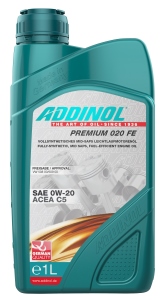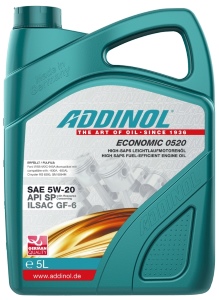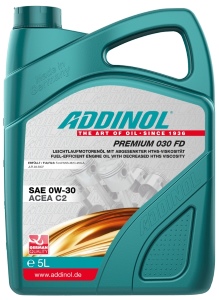


What is the HTHS value for engine oil?
HTHS is the abbreviation for “High Temperature High Shear”. It is the apparent viscosity of a multigrade engine oil at 150 °C (high temperature in the engine compartment) and a velocity gradient of 106*s-1 in a defined measuring vessel according to the method CEC-L-36-A-97. The measurement is carried out in a rotational viscometer. The HTHS value provides information about the fuel efficiency properties of an engine oil and the potential fuel savings that can be achieved with the oil.
HTHS viscosity
The HTHS value is a measure of the viscosity of an engine oil under demanding conditions. Defined limit values ensure that even with high-performance engines, the engine oils can maintain a tear-resistant lubricating film in the bearing area at high temperatures and high speeds (shear stability).
The unit for measuring HTHS is mPas (millipascal second). If the HTHS value is above 3.5 mPas, the HTHS viscosity is to be classified as normal. An HTHS value below 3.5 mPas is referred to as a reduced HTHS viscosity.
Engine oils with reduced HTHS viscosity were developed for special engines. You should therefore only fill it in if your vehicle has been approved for this by the OEM. The HTHS viscosity of engine oils is important for the ACEA classification.
- Classes A1, A5 and B1, B5 require an HTHS value of 2.9 to max. 3.5 mPas (reduced HTHS viscosity).
- The classes A2, A3, B2, B3 as well as E2, E3, E4 and E5 require an HTHS value of over 3.5 mPas (normal HTHS viscosity).
- For classes C1 and C2, HTHS values ≥ 2.9 are required.
Class C5 includes HTHS values from ≥ 2.6 to ≤ 2.9 mPas and can only be implemented for SAE classes 0w20 and 5w20.
ADDINOL oils with reduced HTHS viscosity
We have put together a few of our fuel-saving engine oils with reduced HTHS viscosity for you. All engine oils can be found here.



